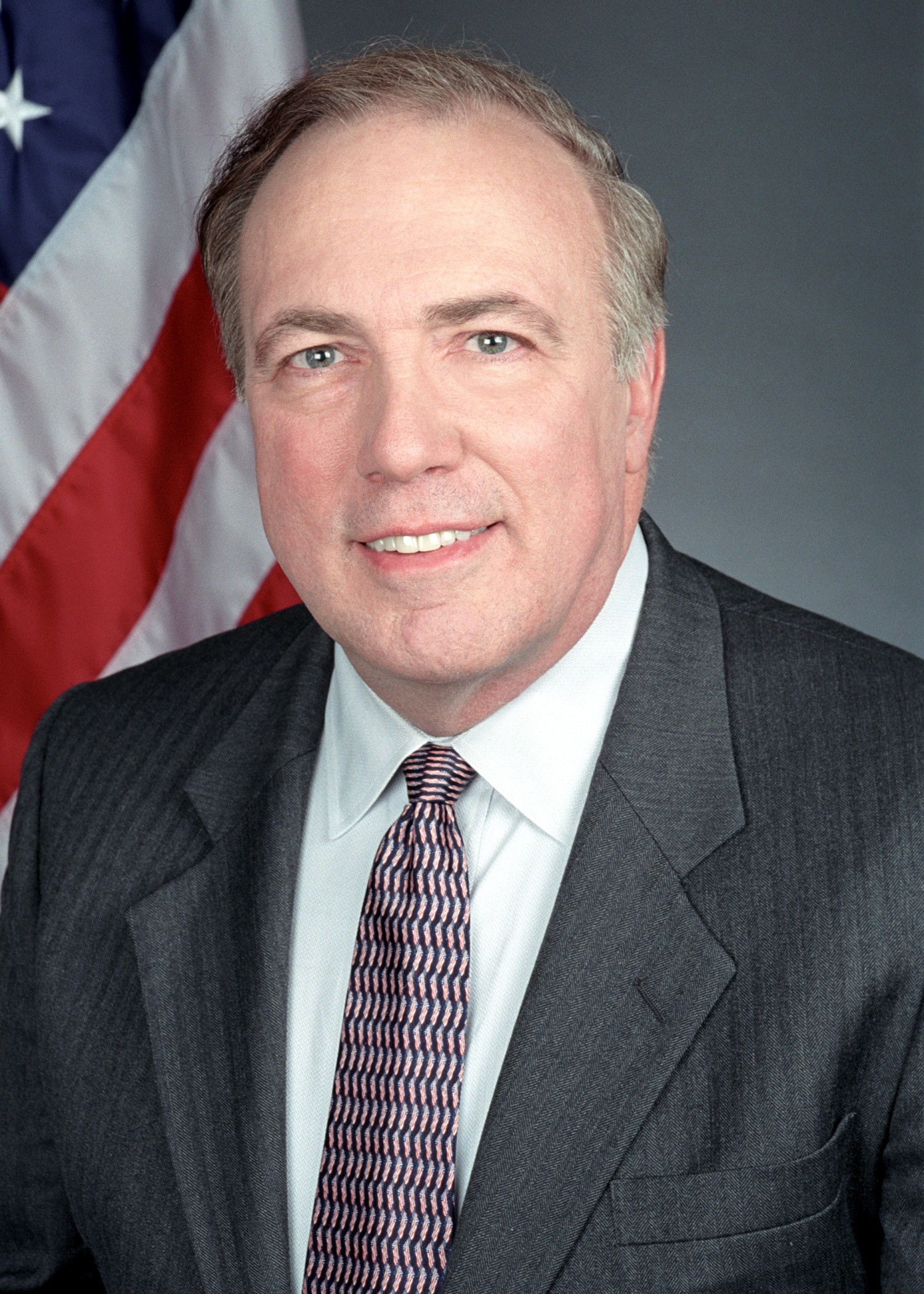Distinguished Lecture
Cybersecurity and Global Climate Change: Complementary or Conflicting National Priorities?
This event is free and open to the publicAdd to Google Calendar

Abstract – Although many people would agree that cybersecurity and global climate change have become very significant issues for the US, most people would regard them as disconnected from one another. However, there are important relationships between them in many political, economic, and technical areas.
For example, the power and cooling requirements for information systems have grown in recent years to become a material part of energy usage in the US. Cybersecurity systems are part of this growth, and because of increasing cyber threats, cyber security systems will grow at a faster rate than the rest of information systems. Furthermore, some developments in information systems and critical infrastructure are intended, in part, to reduce energy requirements and consequently to mitigate climate change (e.g., cloud computing, Smart Grid). However, their implementations often create new and significant cybersecurity vulnerabilities, which could be very damaging in many ways, including retarding progress in climate change mitigation.
This lecture will survey some important political, economic, and technical areas in which developments intended to improve cybersecurity or to mitigate adverse impacts of climate change are either mutually supportive or in conflict. We will also discuss some research intended to address both of these challenges in a coordinated way.
Biography – Dr. Robert Brammer is Vice President for Advanced Technology and Chief Technology Officer at Northrop Grumman Information Systems in McLean, Virginia. He is responsible for the technology strategy and the research program for this $10B sector of Northrop Grumman. Dr. Brammer holds a bachelor’s degree in mathematics from the University of Michigan and the Master’s and PhD degrees in mathematics from the University of Maryland. Before joining Northrop Grumman he worked with NASA on Apollo and Skylab missions. He is a Woodrow Wilson Fellow and received awards for the Apollo program and for the NASA and NOAA satellite remote-sensing programs. He is a fellow of the Society of Photo-Optical Instrumentation Engineers and of the American Meteorological Society. He is a member of IEEE, MAA, SIAM, SMPTE, and AGU. Dr. Brammer has served on advisory boards for the Defense Department’s Defense Science Board, National Academy of Sciences, Naval Studies Board, National Science Foundation, University Corporation for Atmospheric Research, and NASA. Dr. Brammer was named by Security Magazine as one of the 25 most influential people in the security industry and by ExecutiveBiz as one of the top ten CTOs in the Greater Washington DC area.
 MENU
MENU 
